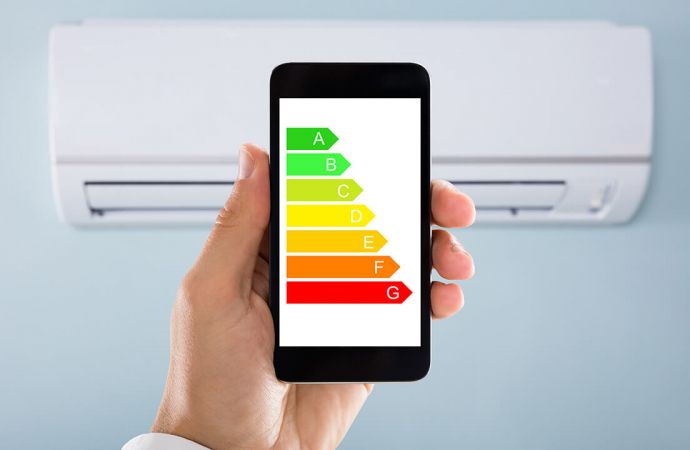Energy efficient AC units are already commercially available, but most consumers buy less efficient units, says International Energy Agency

©Andriy Popov/123RF.com
Efficiency standards need to improve the energy performance of residential air conditioning units by more than 50% by 2030 to keep pace with global sustainability goals, according to the annual cooling tracking report from the Paris-based International Energy Agency (IEA).
The average efficiency rating of new AC units sold would need to jump from around four today to seven or higher in 2030 to be in line with the Sustainable Development Scenario (SDS), IEA’s vision for achieving the energy-related Sustainable Development Goals (SDGs) established by the United Nations. That target “is not impossible but that would require strong market signals and greater international collaboration,” said the report, released in June.
The report stressed that very energy efficient AC units are already commercially available, but that most consumers buy units that are “two to three times” less efficient – hence the need for better standards.
In 2019, space cooling accounted for nearly 8.5% of the world’s total electricity consumption and about 1Gt CO2e emissions, according to the report.
There are currently roughly 2 billion AC units in operation around the world, but with rising living standards this number could increase by two-thirds come 2030. This means that without increased efficiency of AC equipment, electricity demand for room cooling could increase by as much as 50% by 2030.
IEA’s report listed a number of recommended actions to achieve efficiency and other sustainability targets:
- Governments should encourage climate-friendly cooling solutions, support R&D to foster innovative AC technology, and reduce the need for space cooling by proper building design.
- Promote alternative refrigerants that are not detrimental to the ozone layer and have insignificant global warming potential.
- Strengthen Minimum Energy Performance Standards (MEPS) for AC equipment and improve heat recovery from cooling processes.
- Make AC units smarter and more flexible, and promote innovative business models to encourage the use of digital technology, like smart thermostats.
- Use renewable sources like solar energy to help meet the growing cooling demand.
- Improve testing procedures to better reflect actual energy use, closing the gap between rated and operational energy efficiency.
Related stories



